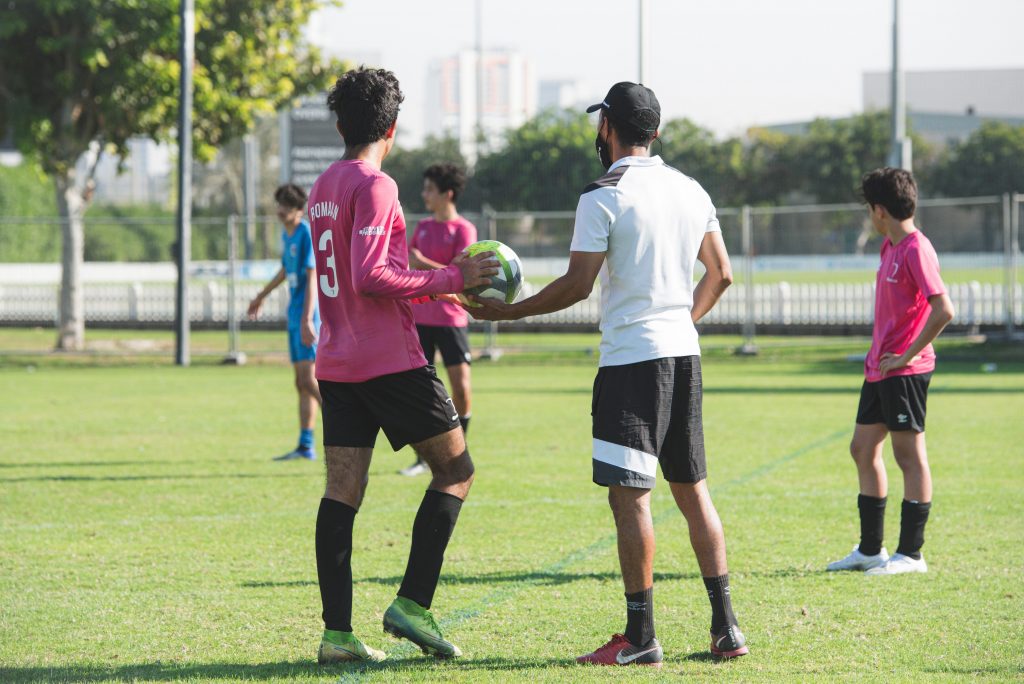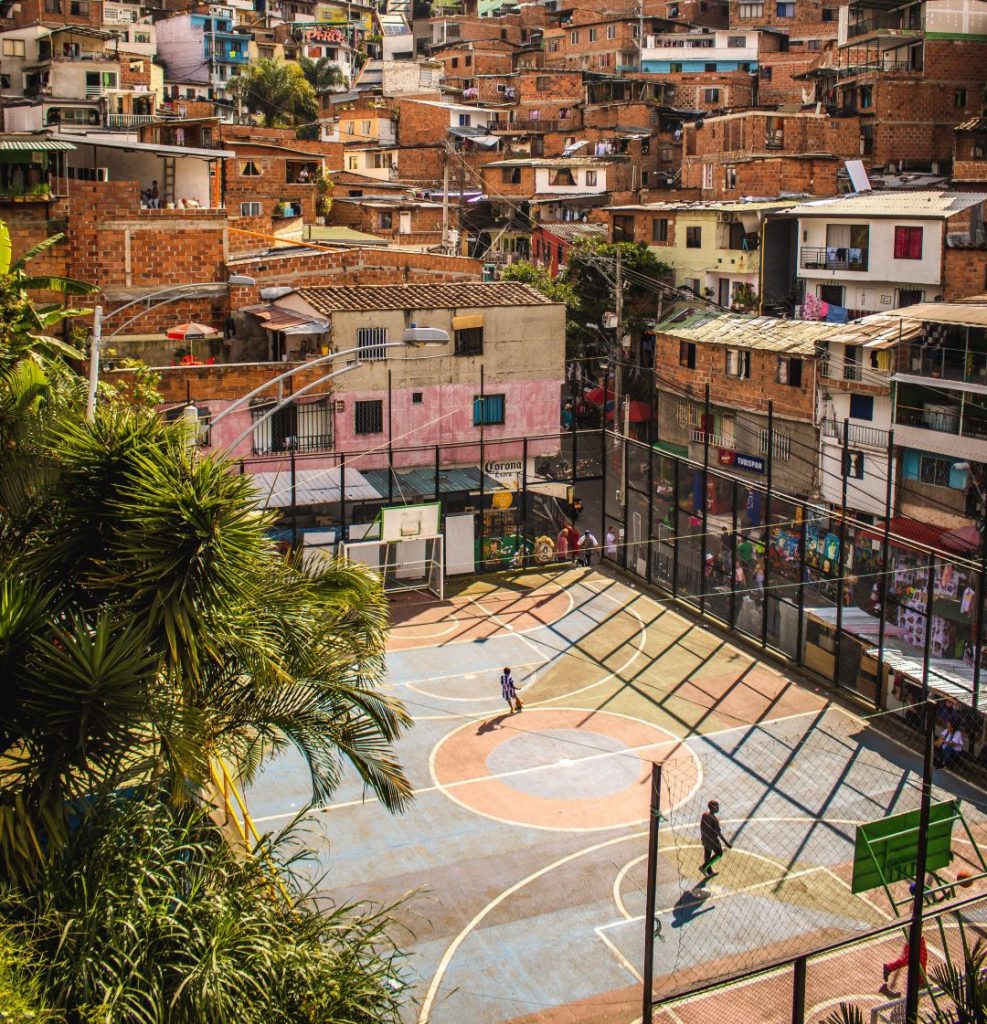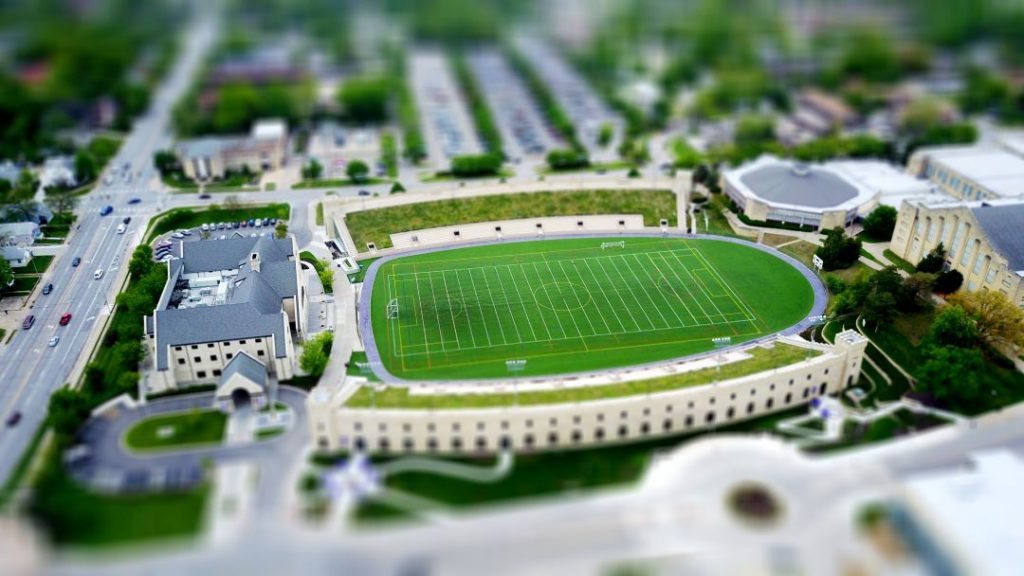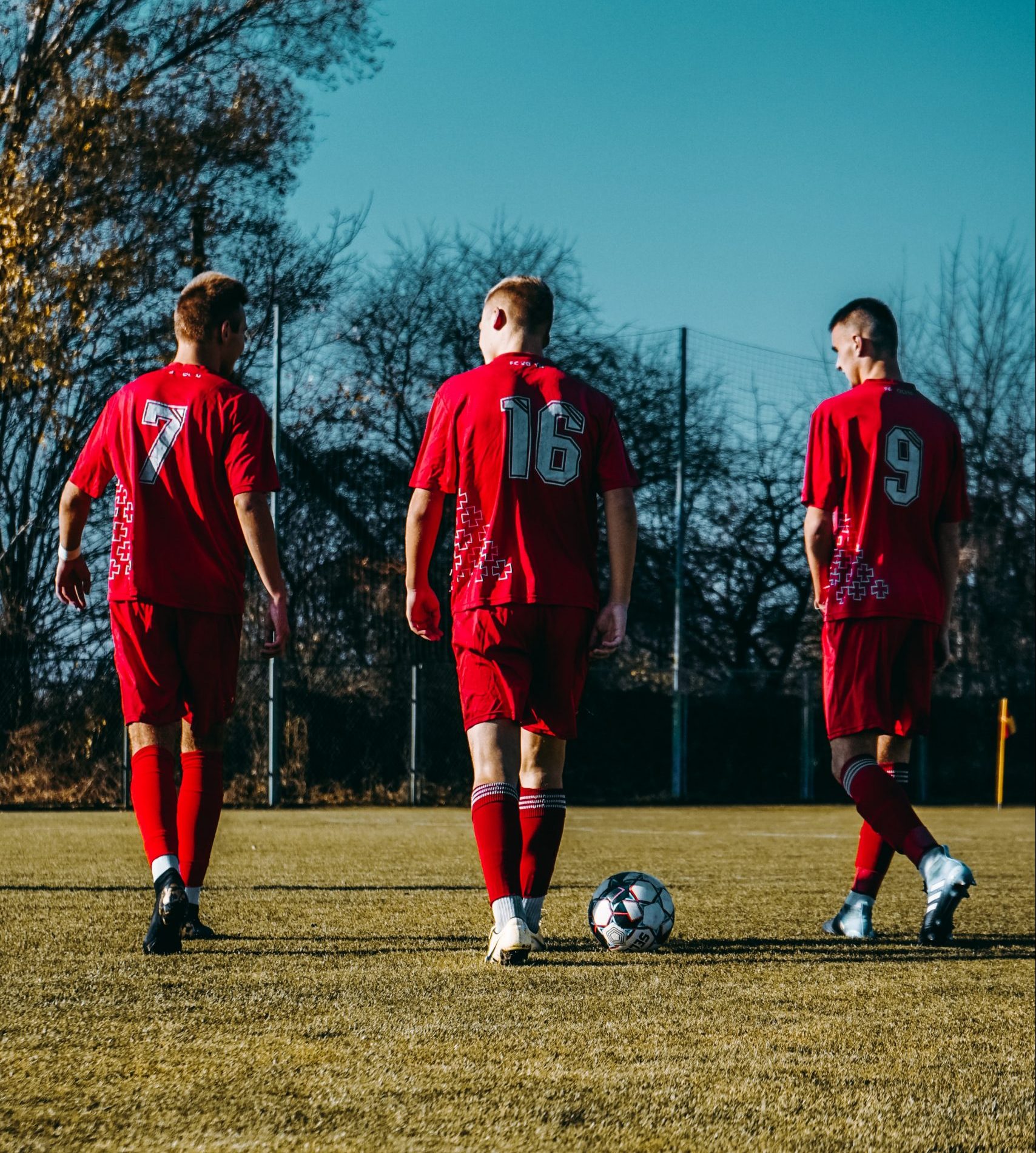Objectives
The main objective is to educate coaches to encourage football practice in a safe and inclusive environment and give them the tools to engage and develop young players so they don’t lose interest and keep practicing sport.
Thus, main specific objectives are:
Objective 1
Objective 1
Objective 2
Objective 2
Objective 3
Objective 3
Objective 4
Objective 4
Objective 5
Objective 5
Target group
Project participants are divided in TWO groups:
1. DIRECT participants, who will benefit directly from the activities organized within the project, namely adult mentors and trainers (educators) and young adults.
Adult mentors, coaches, educators… are the first main group, especially those who lack in methodological and training resources when training people from disadvantaged backgrounds or marginalised areas or districts and need to learn new techniques and tools that help them improve the quality of their football training programmes and the outreach of their activities.


Young adults, especially those from disadvantaged areas, difficult backgrounds, migrants or economically challenged who can benefit from football training and playing as a social inclusion means and/or professionalising paths.
2. INDIRECT participants and PROJECT STAKEHOLDERS, which will indirectly benefit from the activities organized within the project. They will be reached through dissemination and exploitation activities, as they may be interested in exploiting the results of the project: highschools who offer football as extracurricular activities, sport clubs, social services departments of city councils partners collaborate with, other non-formal and informal organisations wishing to improve and extend the supply of their football training offer, etc. Indirectly, all members of the above mentioned will benefit from the project as they will get acquainted with the project outcomes and results on the open educational resources and materials developed within the project. If necessary, the partner organisations will provide them with support and advice concerning the exploitation of the project results.


Guidelines

- GUIDELINES FOR SOCIAL INCLUSION THROUGH FOOTBALL
Guidelines based on good practices/case studies... targeting social inclusion through football
The guidelines are address professionals who could involve and support young people from disadvantaged backgrounds to participate in sports activities, in particular, to join a football team.
The guidelines provide a comprehensive description of the benefits of sport and teamwork for young people, especially those from disadvantaged backgrounds. They contain advice on how to address important issues such as inclusion, communication and motivation, as well as impact measurement.
They are based on individual interviews and focus groups with coaches and educators, as well as on good practices at the EU level.
The guide is developed jointly, with input from professionals at multiple stages of development, and will include quotes and examples from real experiences. Young people who have benefited from the principles identified through the programme will be interviewed by the project partners about their experiences.
